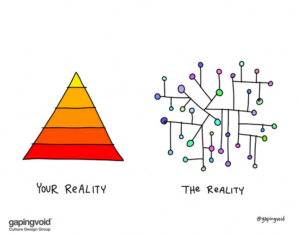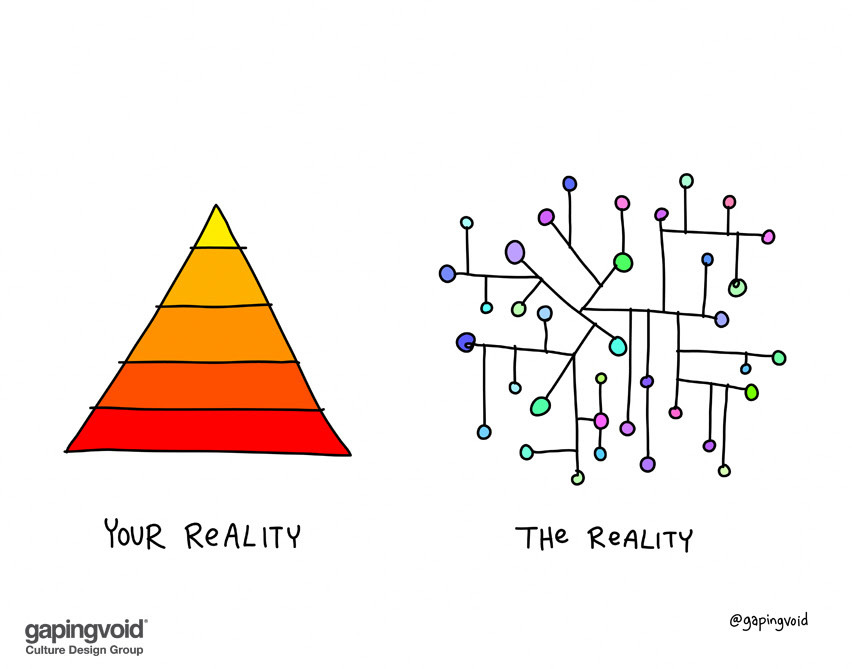
Top Ten Things that Research Tells Us About Ecosystems (+ Implications for Us!)
[re-visiting an older piece that held up marvellously! ]
Please share your thoughts, criticisms, and additions, of course.
My Top Ten Realities for Ecosystem Builders
1) Practitioner research is ahead of academics in many ways (not just Kauffman.. think Brad Feld! )
Implication: Cast your net widely when doing your homework. *two of my go-to gurus, Erik Pages, Don Macke (both have tons of good research and tools!) [also: http://www.bit.ly/NKecosystemVid]
Implication: Corollary – communities that connect outside their region do better. How can we fight the Not Invented Here syndrome? How can WE stay in touch?
2) Brad’s key point, the voice & choice of the entrepreneurs must drive the boat, IS supported by research – No doubt, bottom-up matters.
Implication: In everything you do, keep a laser focus on how to keep it bottom-up, entrep led!
2a) Bottom-up always outdoes top-down but… Unfortunately, THE dominant thinking among policy makers is top-down. The Triple Helix argues that all you need is to bring together academe, government & industry groups and… magic happens? Most cluster studies assume that it’s the institutional players that matter most.
Implication: Focus on how to get even your most powerful institutions listening.. and hearing.
2b) Brad’s 2nd point, “be inclusive of the whole stack“, holds as well. Best payoffs aren’t gap-filling but help multiple industries, types of venture, life cycle stages, etc.
Implication: How can we craft ‘rising tide’ strategies? Avoid overly targeted strategies?
3) Know that true economic development is disruptive.When most ecosystems take off , the ‘good ol’ boy network’ gets disrupted, even subverted. Revolutions always have serious inside help. 🙂
Implication: They will fight back but you can always find pro-disruption ‘double agents’ 🙂
4) Ecosystems are about people: That means focus on trust. Where communities get the right people on the bus (the trustworthy) and the wrong people off the bus (the untrustworthy, no matter how highly placed).. things move. yes, Bob Sutton was right…
Implication: Be ruthless about starting with the deeply trustworthy. The ‘big tent’ IS a mirage.
5) Instead focus on the connectors. More important, focus on the superconnectors, the liaison-animateurs who are proactive and great and connecting the connectors.
Implication: Understand the connectivity; find the selfless connectors. Fun tool: bit.ly/Karen_S
6) Good news: Mapping is very good (and roadmapping) according to research. Bad news: Most communities stink at it.
Implication: You gotta check out Sourcelink (and their “Rail’). And ask me about “google mapping.” And EcoMap.tech and Startup Commons/Digiole!
7) Don’t be Sauron. Ecosystems are NetworkS (plural). It appears impossible for a community to move forward under one big umbrella (research is clear that the ‘big tent’ is a mirage). Think networks of networks that are connected and overlap to varying degrees – you have a financing ecosystem, a learning ecosystem, different industries, etc., etc.
Implication: Encourage this view: Superconnectors really help, so figure out to help them and grow more. Connectors are people not organizations. BTW: Students could be your secret weapon!
8) Align Resources By Distinctive Competences – research argues two counterintuitive things. First, focusing on strengths (e.g., Asset-Based Community Devel) works much, much better than trying to remediate weaknesses. Not politically popular but… it does work. Second, distinctive competencies not core competencies. That is, ecosystem participants can’t focus on what they are best at (or what they prefer to do) but where they add the most value (just like in the marketplace).
Implication: Focus on building on strengths, especially if sustainable. Identify who’s best at various key ecosystem roles, even if painful (e.g., universities are rarely, if ever, the best spots for entrep edu.)
9) Metrics Matter, so Get Them Right… for you: You do get what you measure, so get good at measuring. Focus on the dynamics, focus on the connectivity.
Implication: Check out the pros at this, Startup Genome had Dane & JF at the Summit. Kauffman’s Arnobio is also a data maven. They’re MY gurus.
10) Best for last… Key Drivers of Entrepreneurial Economies per the Global Entrepreneurship Monitor are (a) How broad and deep is the understanding of the entrepreneurial mindset? In prospective entrepreneurs? In the media, institutions, government, your… Mom? (b) Entrepreneurial culture – how much of entrepreneurship and innovation is in the water? Usually, these means the ecosystem is healthy and growing. The first is human capital, the 2nd is social capital. You need both. (and if you want to reduce barriers – GEM’s third key driver – you need both.)
Implication: How do move all three pieces forward? Find synergies between human and social capital? How do we advance both?
p.s. Why does #10 matter? Back in 2017, the Kauffman State of Entrepreneurship Address emphasized three key foci: Entrep education, growing ecosystems, and Zero Barriers. Great minds think alike? 😉
Contact me if I can send you links, hard copies, etc.
And did I mention… my webinar course-in-progress? 😉 https://www.linkedin.com/pulse/new-webinar-how-can-i-help-grow-my-own-ecosystem-norris-krueger
Entrepreneur Up, y’all!
Norris Krueger, PhD
+1.208.440.3747; norris.krueger@gmail.com; www.norriskrueger.com/my-last-12-months/



